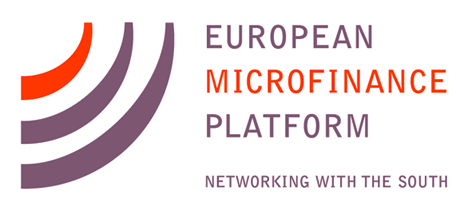During  the plenary titled “Creating an Environment for Effective and Inclusive Savings” on day two of European Microfinance Week, Stuart Rutherford of the Hrishipara Daily Diaries Project suggested thinking of savings as two separate services – collection and storage. While storage is primary for a person with regular paychecks deposited into a bank electronically, collection is critical for cash earners. This is why the service of a susu worker, who collects deposits frequently door-to-door and then returns “withdrawals” periodically, is so valuable that people are willing to pay fees for it.
the plenary titled “Creating an Environment for Effective and Inclusive Savings” on day two of European Microfinance Week, Stuart Rutherford of the Hrishipara Daily Diaries Project suggested thinking of savings as two separate services – collection and storage. While storage is primary for a person with regular paychecks deposited into a bank electronically, collection is critical for cash earners. This is why the service of a susu worker, who collects deposits frequently door-to-door and then returns “withdrawals” periodically, is so valuable that people are willing to pay fees for it.
Luis Treviño Garza of the Alliance for Financial Inclusion noted that savings is an “important factor for resilience, especially for vulnerable groups.” He added that “from the regulator’s perspective savings is really crucial… above credit.”
Mr Rutherford said that “all the diaries I’ve [collected in Bangladesh] show that poor people have a strong propensity to
